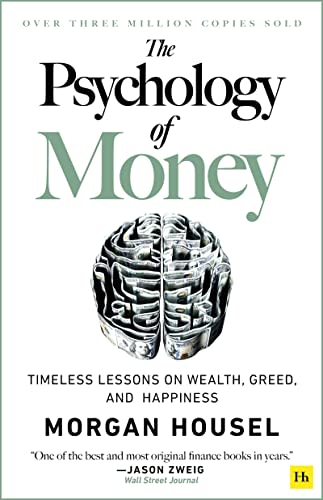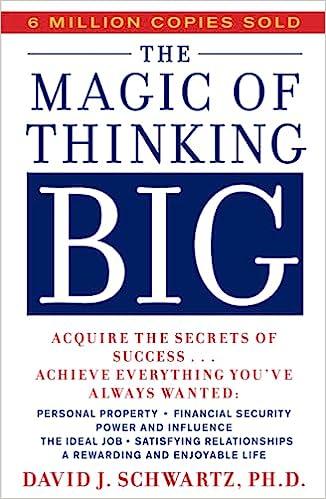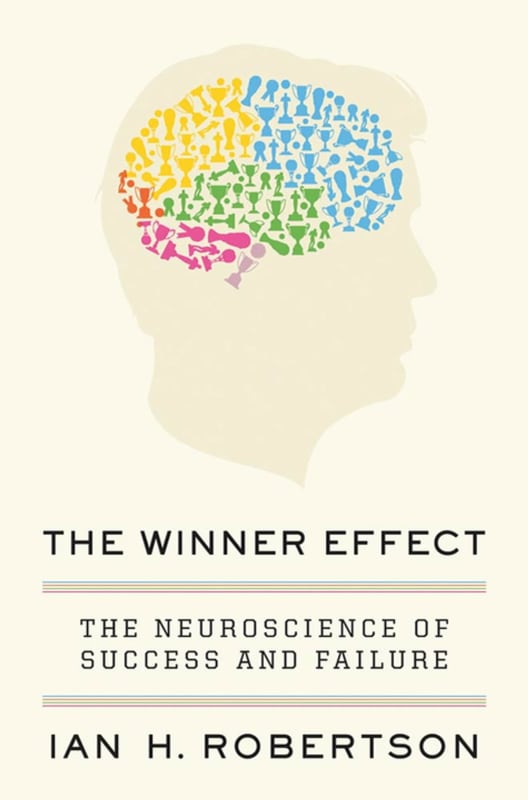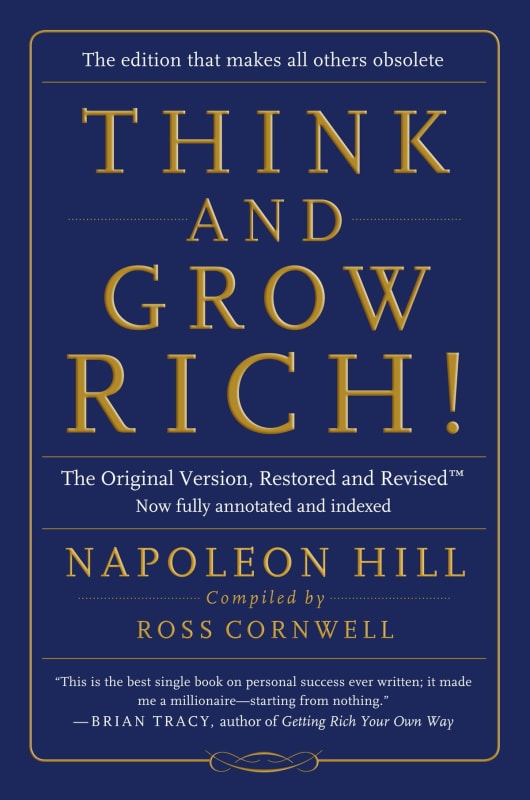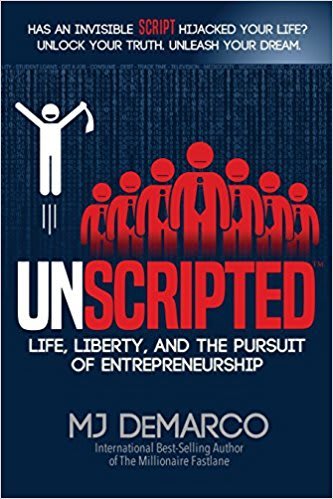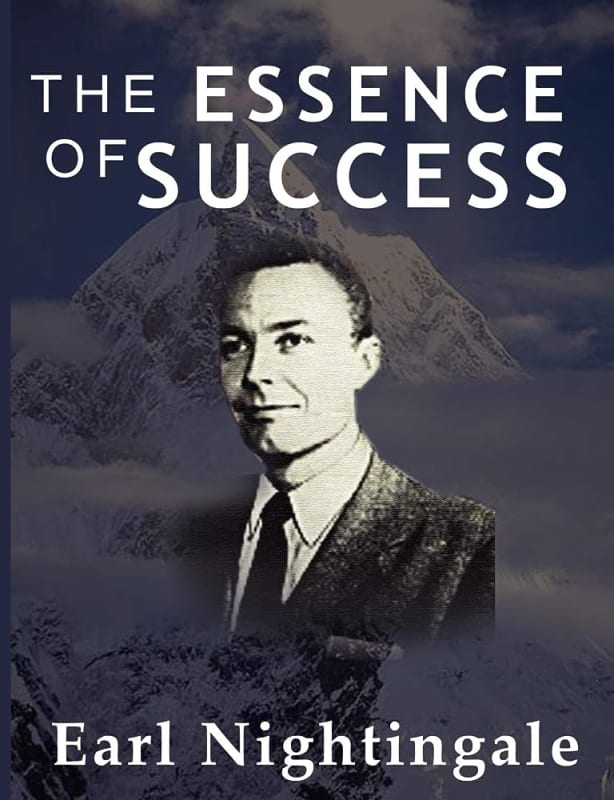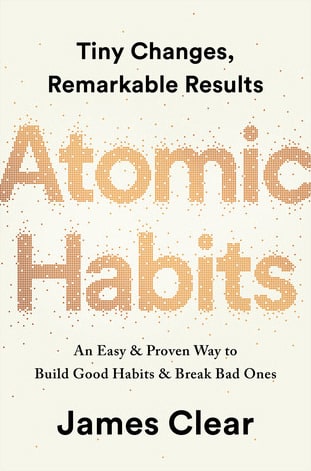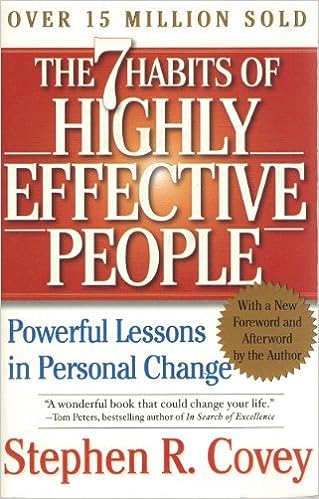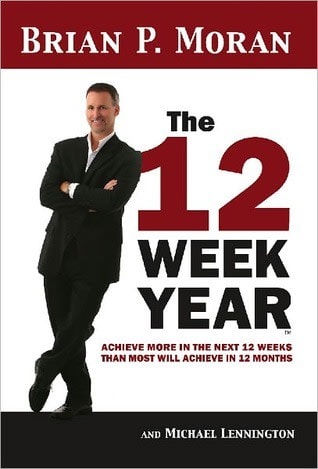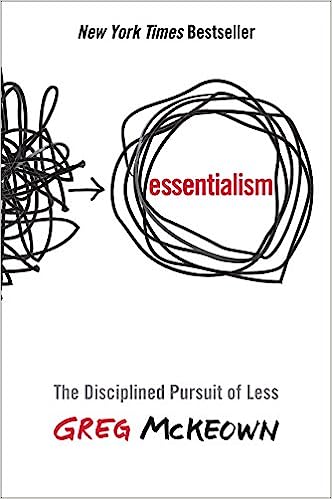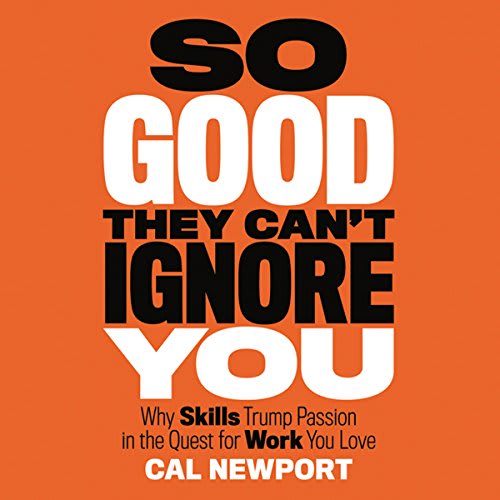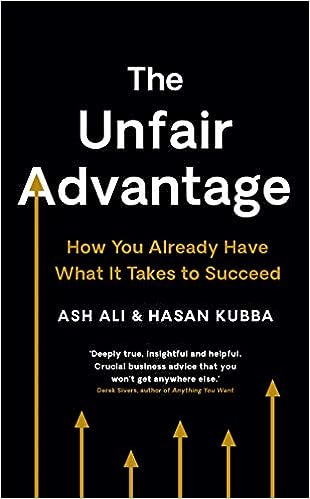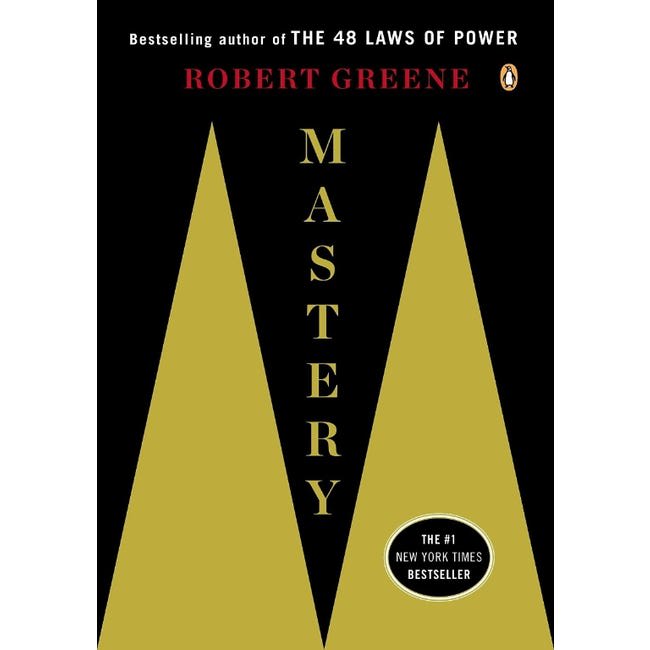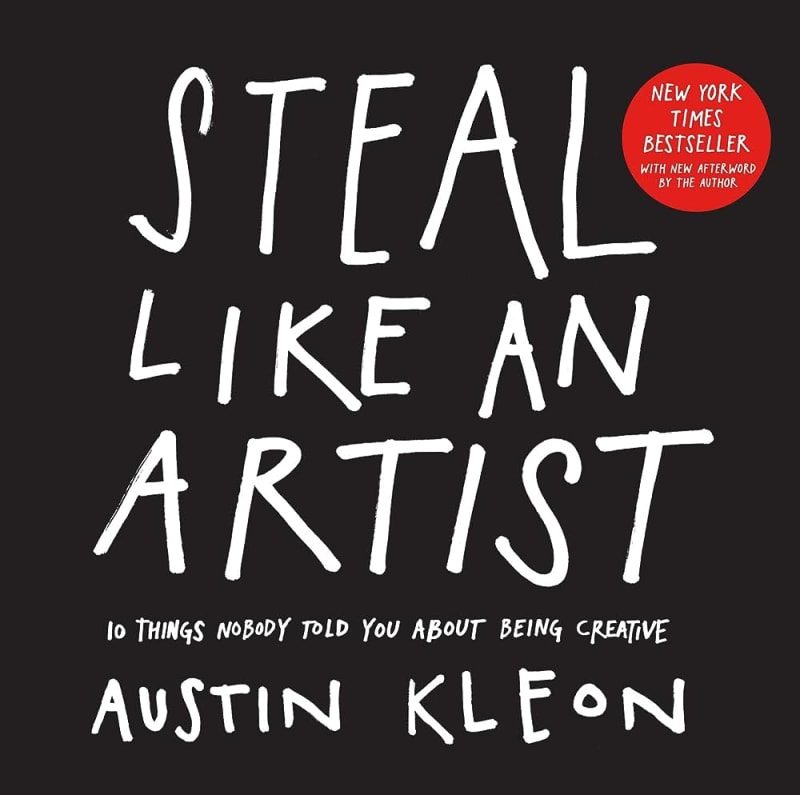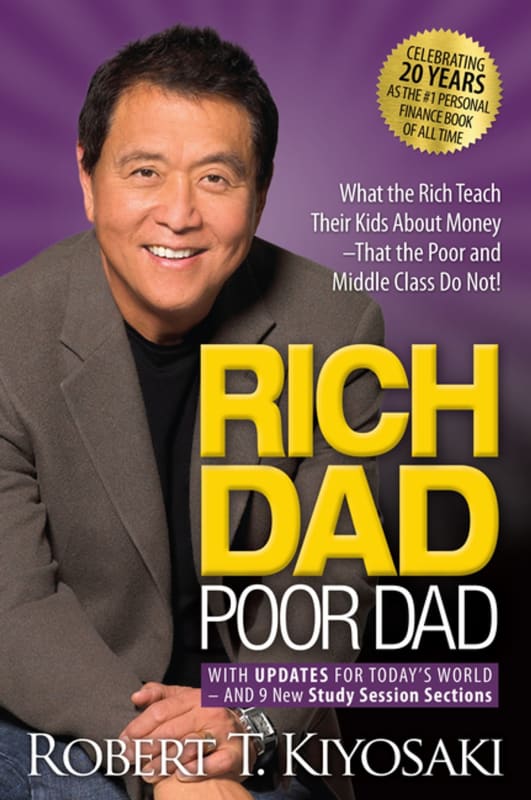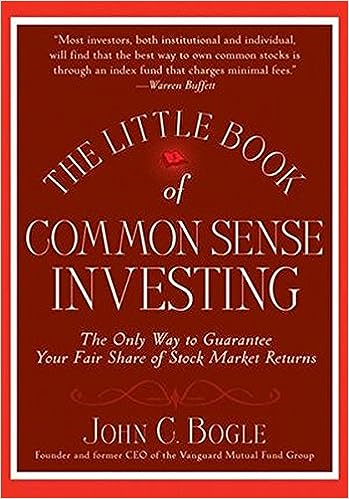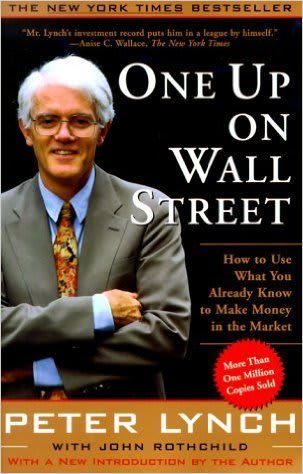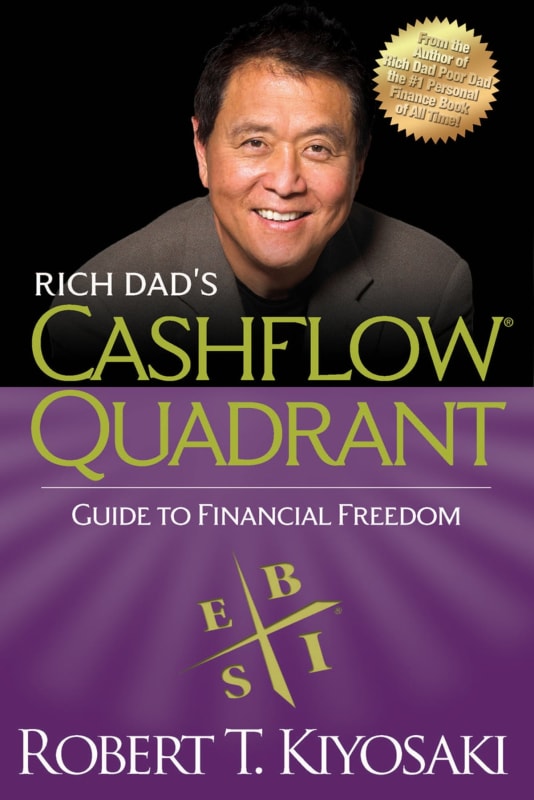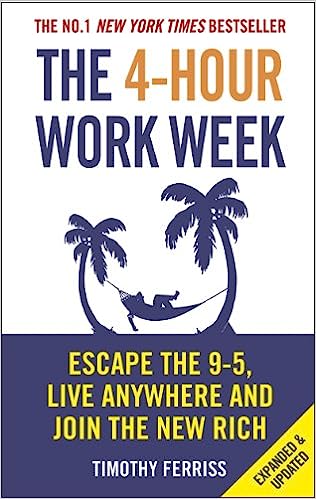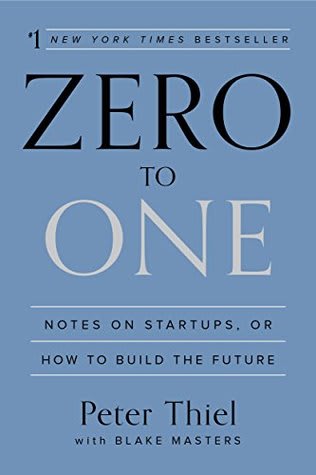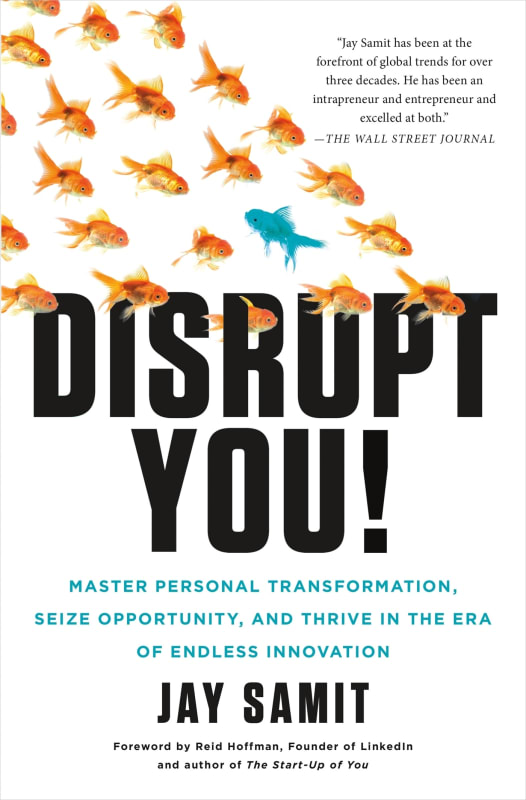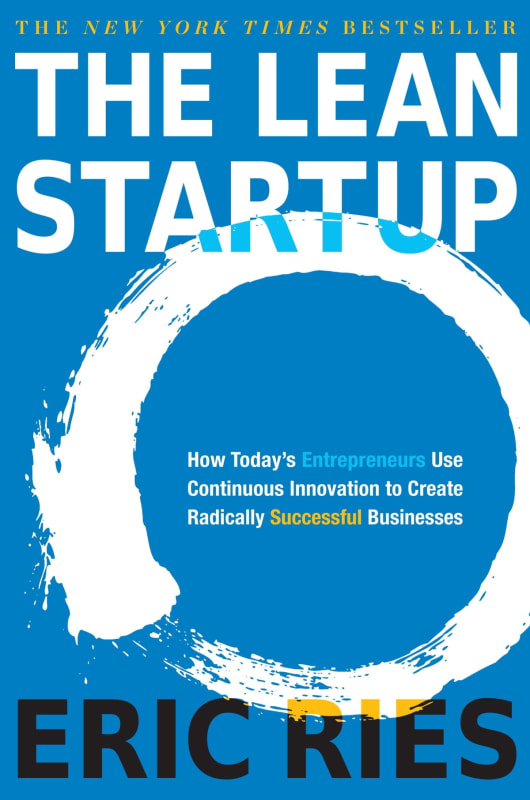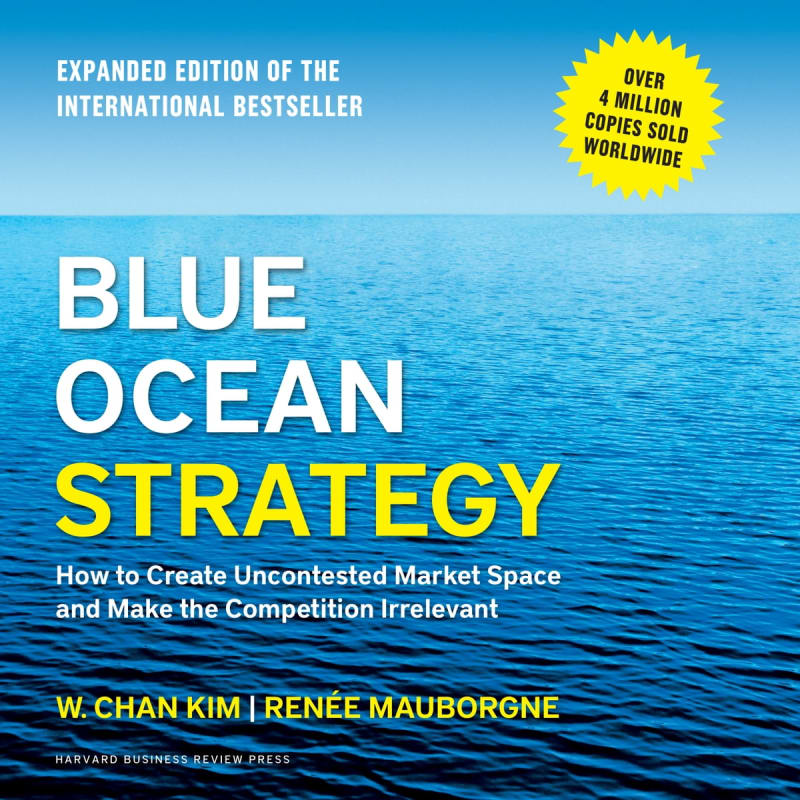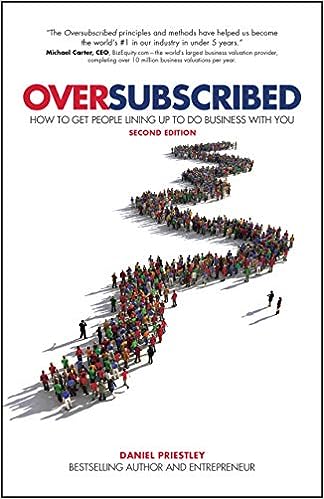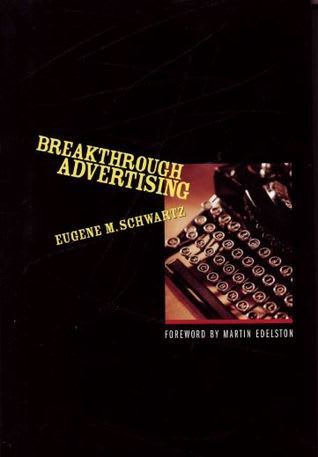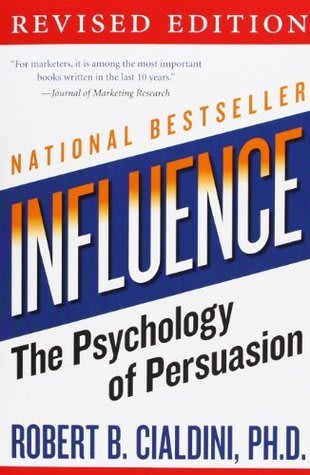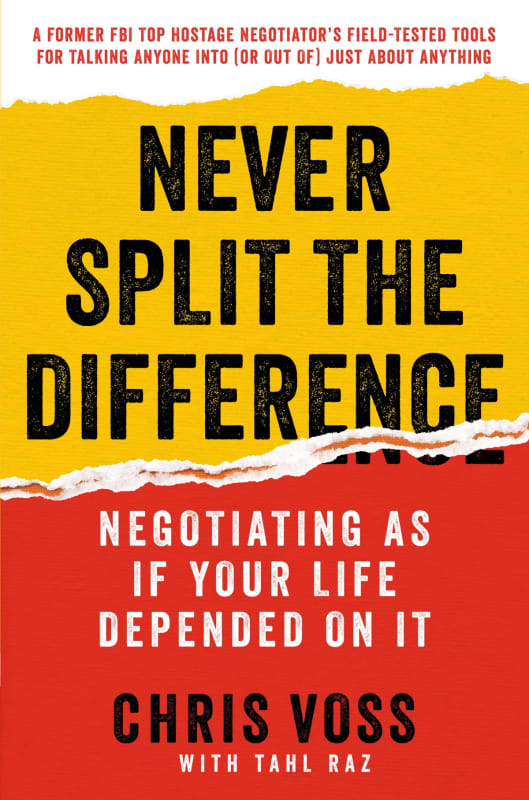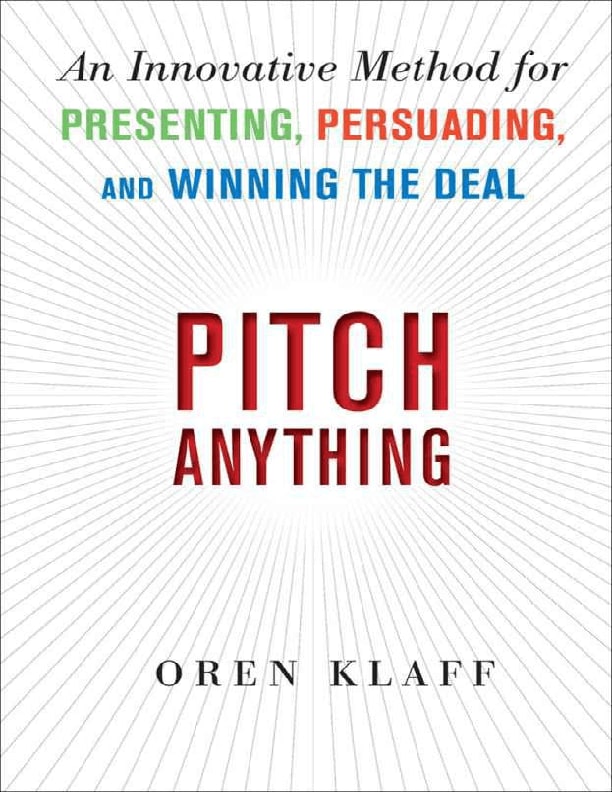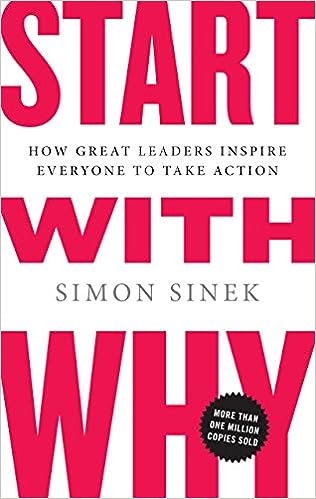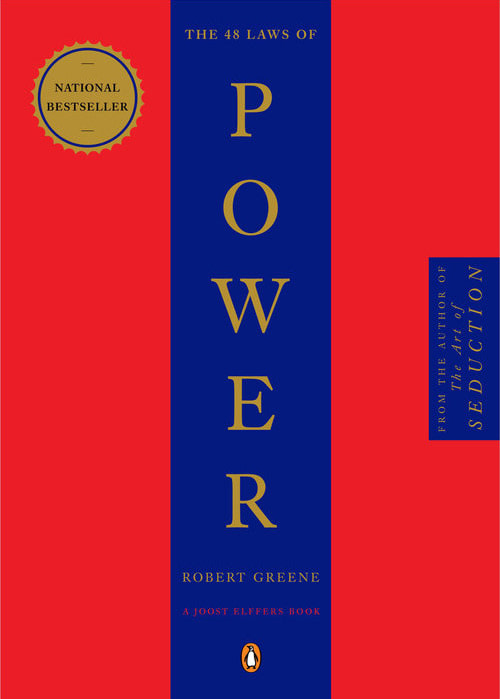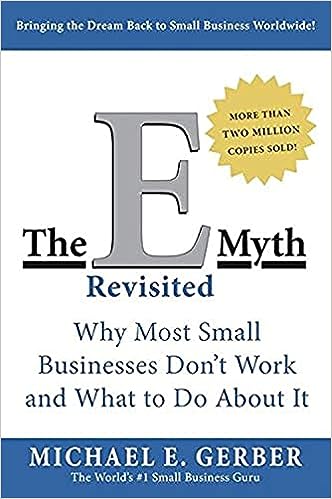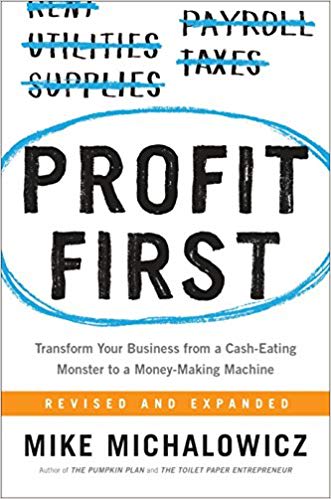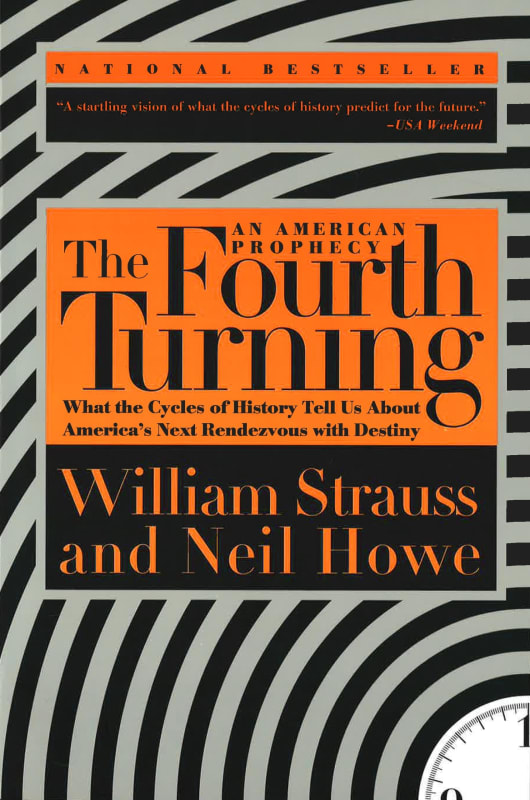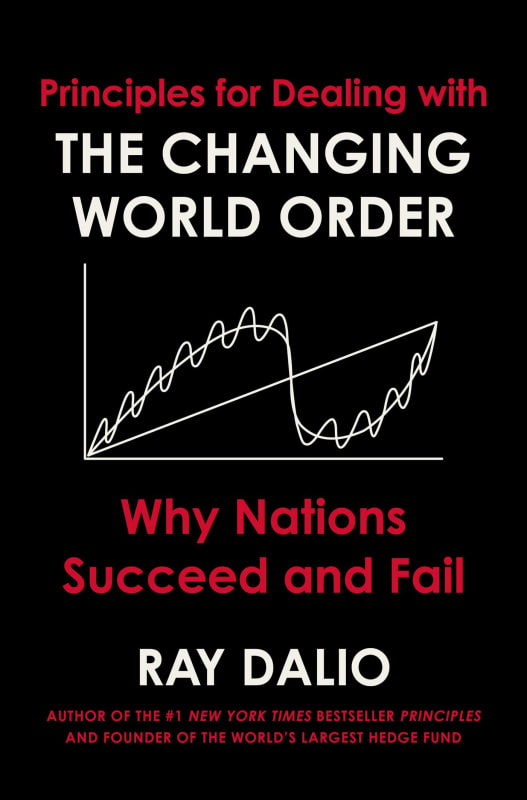Level$0 to $100K
Secrets of The Millionaire Mind really delves into how these phrases ingrained in us the notion that wealthy individuals are somehow evil. I struggled for quite a while to shake off the negative knot in my stomach whenever the idea of accumulating wealth crossed my mind. Looking back, if I had come across this book earlier, it could have opened my eyes to this problem much sooner. After overcoming this challenge, a fundamental question arose: What's the true purpose of money? In my case, I realized that money equated to freedom.
The book also explores the concept that there's a distinct contrast between being rich and being wealthy.
It underscores the idea that true wealth is often invisible—the car isn't impulsively bought, diamonds remain unclaimed, home improvements are delayed, unnecessary clothes are eschewed, and those first-class upgrades are turned down. Sadly, a lot of individuals hold onto the notion that they can't achieve wealth. I distinctly recall a school friend expressing sentiments like, "I just hope I can find an alright job after I graduate." Their aspirations didn't even extend to aiming for a good one.
"The Magic of Thinking Big" emphasizes that many individuals set their finish line too early, depriving themselves of the opportunity for genuine success. While I don't solely attribute success to thinking big, I do recognize it as the crucial initial step.
Throughout my school years, I grappled with challenges and a sense of inadequacy. Interestingly, upon entering the working world, I discovered a pattern of consistent victories. This shift could be attributed to my deliberate decision to pursue careers aligned with my genuine interests, a departure from the disengaging subjects I encountered in school.
The Winner Effect delves into actual studies that substantiate this phenomenon. The book explains how successful stock market traders have been found to have higher testosterone levels, and winning further increases the presence of testosterone receptors in the brain, leading to more future wins.
This highlights the importance of setting achievable goals and experiencing small victories each day. In my view, the challenges I faced in school and my strong drive for success have positively shaped my life, compelling me to persist against all odds.
In "Think and Grow Rich," there's a compelling tale about a remarkable commander. In the story, even when vastly outnumbered by a superior enemy, he took the audacious step of setting his own army's ships on fire, thereby eliminating any possible escape route. This tactical move compelled his soldiers to fight with unparalleled determination, resulting in a miraculous victory against all odds.
This narrative underscores a critical distinction between merely desiring success and absolutely needing it. It illustrates that being too comfortable can be just as detrimental as having a readily available escape plan. This concept resonates with a conversation I had with Andrew Tate, where he referred to it as one of the tools employed within the metaphorical construct of the "matrix."
Unscripted also puts forward this idea. The author contends that society's aim is to shape us into so-called model citizens, which essentially stands for being mediocre, obedient, dependent, entertained, and lifeless. Avoiding this destiny hinges on our capacity to effectively manage stress.
The Essence of Success offers a valuable perspective on this matter. The book introduces the idea that all the water constituting a fog, spanning a depth of 100 feet and a width of seven city blocks, can be contained within a small glass.
In moments of stress, I find comfort in imagining consuming this symbolic water as a form of inner strength. This visualization serves as a motivating factor, aiding in the development of positive habits.
Yet, stress can also arise from external factors beyond our control. To address this, I've consistently strived to focus only on aspects of life that are within my direct sphere of influence.
"Atomic Habits" unveils a common pattern where many individuals fixate on the end goal, which is often beyond their control, rather than concentrating on the actionable process that lies within their hands.
I found the author's habit stacking technique to be particularly useful for cultivating new habits. This method involves linking a new habit with an existing one, effectively accomplishing both tasks simultaneously.
However, a considerable number of people struggle with perpetual procrastination, leading to the failure in forming positive habits. It's unfortunate to observe numerous individuals navigating life without a clear sense of purpose, simply going through the motions until they come to the realization…
The Seven Habits of Highly Effective People emphasizes the importance of having a constant sense of direction and reflecting on the legacy you want to leave behind. This insight provides me with added motivation, although I recognize it as just one part of the larger equation.
The 12 Week Year introduces the concept of viewing a year as 12 weeks, aiming to instill a heightened sense of urgency. This idea resonated deeply with me, particularly because I'm aware that I tend to excel when under pressure.
Recognizing that enduring short-term challenges is often a prerequisite for achieving long-term benefits, however, it's sometimes challenging to recall this perspective when confronted with difficulties.
The Art of Getting Things Done underscores the significance of freeing your mind from the responsibility of retaining all your tasks. Rather than relying on memory, the book advises capturing tasks on a digital device or notepad. This approach allows for organized task management, avoiding confusion, and providing the opportunity to be discerning about how you allocate your time.
"Essentialism" serves as a reminder that each time we agree to a task, we inherently decline numerous others. This underscores the importance of prioritizing our affirmative choices and being unafraid to decline. Through cultivating these habits, we can begin to develop high-value skills.
On the note of advice, I've expressed my skepticism towards the notion of "follow your passion" in the past.
"So Good They Can't Ignore You," building on this idea, delves deeper into the subject. The author conducted interviews with individuals who deeply enjoyed their professions and found that many of them didn't begin with a pre-existing passion for their work. Instead, their love for their work blossomed as they honed their skills and expertise.
If you're not pursuing a passion per se, what skills should you begin cultivating?
The Unfair Advantage proposes that in a world that often operates unjustly, achieving success involves leveraging your inherent strengths. The book advocates for identifying what you excel at more than the majority and fully embracing those attributes.
However, relying solely on possessing high-value skills is no longer sufficient. The swift advancement of artificial intelligence has led to the automation of many jobs. In my various businesses, I've increasingly incorporated artificial intelligence to handle routine tasks.
"Steal Like An Artist" resonates with this idea by proposing that creativity involves borrowing from multiple sources until you create a blend that's genuinely your own. This distinctive set of skills can indeed lead to a substantial income.
Nevertheless, achieving wealth requires a fundamental grasp of personal finance. In my youth, I was fortunate to have a mentor named Dave who imparted lessons on how the affluent manage their money.
In "Rich Dad Poor Dad," the central idea is that each purchase we make can be classified as either an asset or a liability. We can discern this by asking whether it contributes money to us or takes it away.
For those with aspirations of wealth, the focus should be on acquiring a multitude of assets. Nonetheless, the value of investing often goes unnoticed by many, despite its substantial importance.
The Compound Effect" uses an analogy to showcase the potential of investing and harnessing compound interest, illustrating its power.
Although people tend to get excited about this idea, they often rush into the markets without a proper grasp. The pandemic episode serves as a prime example, where many believed they understood the landscape, resulting in a significant bubble waiting to burst.
That's why I've consistently followed the principles set out in dependable investment frameworks.
In "The Little Book of Common Sense Investing," it's firmly stated that attempting to beat the market is an exercise in futility. The recommendation is to instead have ownership across the entire market, which can be achieved through investments like the S&P 500 or broad market index funds.
A noteworthy revelation is that only 1% of mutual funds managed to outperform the market by a mere 2% over a 35-year period. This underscores the clear advantages of opting for index funds for the average investor.
However, while index funds may be pragmatic, I personally find them somewhat uninspiring. Consequently, I also allocate a portion of my funds to more intriguing stocks. Nonetheless, in these endeavors, I always bear in mind that the market can exhibit irrational behavior.
"The Intelligent Investor" introduces the notion of Mr. Market, who visits daily and offers varying prices for your stocks. These fluctuations are driven by market demand rather than the company's actual performance.
For me, investing in stocks means being ready to overlook Mr. Market's daily whims over the long term. Additionally, I abide by the principle: if you have a genuine fondness for a store, you'll likely feel similarly about its stock.
In "One Up On Wall Street," the idea is presented that having extensive familiarity with a company or product can provide a greater advantage in investing compared to professionals.
Before progressing further, it's crucial to clarify one aspect. While reading investment books can provide theoretical knowledge, genuine success in investing and wealth building requires translating that knowledge into action.
Hence, if you're entering the world of investing, it's important to use a tool that offers all the necessary information to make informed decisions.
Level$100k to $1M
In "Cash Flow Quadrant," it presents four distinct paths for earning money: E for employee, S for self-employed, B for business owner, and I for investor.
Business owners and investors hold the advantage of utilizing other people's time and resources to build their wealth. This highlights the importance of shifting to the right side of the quadrant for those aiming to attain financial prosperity.
Nevertheless, the question remains: what does it genuinely mean to be rich?
"The 4-Hour Work Week" brilliantly conveys that relative income holds greater significance than absolute income.
To grasp this concept, let's consider a scenario: An investment banker earns $500,000 annually while working 80 hours a week, while an e-commerce entrepreneur earns $40,000 annually and works only four hours a week. Initially, the banker's absolute income seems higher. Yet, when you factor in working hours, the banker earns $120 per hour, while the entrepreneur earns $200 per hour.
Moreover, the entrepreneur enjoys the added advantage of living a retirement-like lifestyle that the banker aspires to, as they can operate from anywhere in the world. Given these factors, I personally find the entrepreneur's path much more appealing in any given week.
In "Zero To One," the crucial starting point for launching a business is highlighted as embracing a contrarian truth. This concept forms the basis of many successful ventures.
For instance, Netflix bet on people's interest in binge-watching TV shows at home, and Airbnb believed that individuals would be comfortable staying in strangers' homes. These companies thrived by championing unconventional ideas.
Despite the common challenge of generating ideas, the reality is that this process is often simpler than it appears.
In "Disrupt You," a valuable method involves noting three daily annoyances and brainstorming ways to enhance them. This practice generates around 90 ideas each month.
When an idea takes shape, it's important not to hesitate sharing it with those who can provide support. People often become overly protective of their ideas, but the truth is that an idea alone is usually just the starting point.
In "Blue Ocean Strategy," a blue ocean symbolizes a market with little to no competition, whereas a red ocean reflects fierce competition among rivals.
The study demonstrated that 39% of profits originated from businesses in competitive markets, while 61% of profits were derived from those adopting the blue ocean strategy. Importantly, these businesses maintained industry dominance for a considerable 10 to 15 years after their launch.
A valuable strategy for developing your own blue ocean…
In "Oversubscribed," the example of Ferrari is used to illustrate the concept. Many aspire to own a Ferrari, but not everyone can. Yet, Ferrari isn't troubled by this scarcity, recognizing that it fuels demand and desire for their cars.
This principle applies broadly to oversubscribed products – they attract individuals keen to purchase, even if they cannot due to limited availability.
Level$1M to $10M
"Influence: The Psychology of Persuasion" is considered one of the top books in this field. I've integrated its principles into my model shops for years, where my employees are encouraged to provide free quick repairs to customers. I'm aware that by doing so, customers are more likely to return and make larger purchases in the future.
This principle can be applied to various situations. The key is to focus on delivering value, which will eventually come back to you. Dealing with people can be challenging, as you can't compromise your vision while also avoiding generating resentment.
In "How To Win Friends and Influence People," it's noted that people are generally averse to being told they're wrong. The reality is that humans are driven by emotions, often making decisions based on emotions and then justifying those decisions with logic.
In "Pitch Anything," the concept of three different brains is introduced: the croc brain developed during primal times, the mid-brain, and the neocortex where decisions are made.
Traditionally, people often aim to appeal directly to the neocortex when selling something, but the initial challenge lies in breaking through the croc brain. This can be achieved through emotional engagement and simplifying the message.
Leadership is a subject I've dedicated significant time to learning about because proficiency in it can significantly impact earning potential.
"Start With Why" introduces the Golden Circle tool, with "why" at the center, "how" in the middle ring, and "what" in the outer ring.
Effective leaders begin with the core "why" and then expand to explain "how" and "what." In contrast, less effective leaders often start from the outer layer without delving into the core. This dynamic reminds me of my schoolteachers who told me to read without inspiring action.
Conversely, my mentors advised me to read specific books to attain wealth and freedom. They tailored recommendations to my goals, making me realize the true value of reading. The key is that great leaders motivate action through inspiration rather than mere instructions.
It may come as a surprise, but at their core, all leaders tend to be quite calculated individuals.
"The 48 Laws of Power" expanded my understanding even further. One of my favorite laws is number 11: learning to keep people dependent on you.
This principle applies to both employees and leaders. If you can be easily replaced, true power remains elusive. On the other hand, if your business hinges on individuals who are irreplaceable, its downfall is inevitable.
This insight sheds light on the fact that 80% of new businesses fail due to a lack of comprehension about building robust systems and processes.
"The E-Myth" outlines how many business starters aren't genuine entrepreneurs but rather skilled in a particular area. For instance, someone skilled at making cakes might struggle to manage a successful bakery.
These individuals often overinvest in their businesses, hoping for eventual profits. However, this frequently results in declining income alongside consistent expenses, leading to business closure without profits.
"Profit First" is a crucial concept. The book suggests that entrepreneurs should base their business approach on the formula "sales minus profit equals expenses" to ensure ongoing profitability.
One of the main reasons for my sustained business success is my specialization in a specific niche: radio-controlled models. While it might seem limited, I'm confident that this focus allows me to excel and potentially become a leader in my field.
"Good to Great" introduces the idea of a hedgehog mentality, where the hedgehog consistently employs a proven strategy to protect itself from the fox's various attempts. This notion highlights that excelling in a specific area can lead to lasting success.
Until now, I've focused on discussing world events in relation to the broader context. My reasoning is rooted in the belief that concerns about these events are less relevant until one possesses the ability to influence them.
Another valuable book to consider is "The Change in World Order," which explores the idea that major superpowers have their periods of ascendance and eventual decline. These insights can provide a perspective on how events and trends might impact the economy and society, aiding informed decisions about investments and business ventures. However, they shouldn't necessarily be a cause for undue worry.
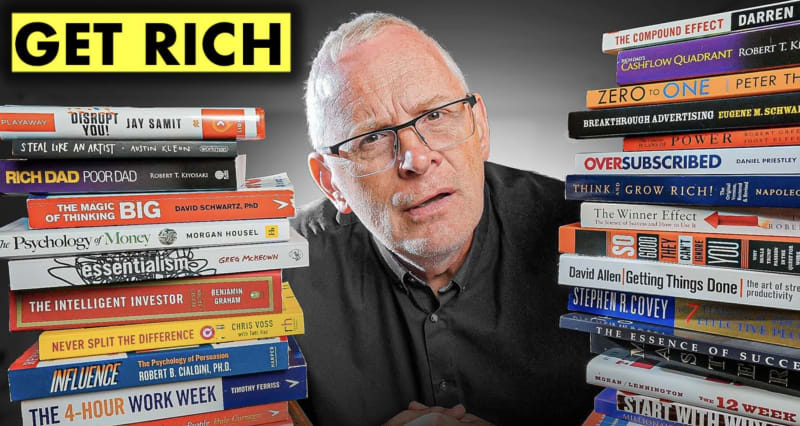
 Secrets of the Millionaire Mind
Secrets of the Millionaire Mind The Psychology of Money
The Psychology of Money The Magic of Thinking Big
The Magic of Thinking Big The Winner Effect
The Winner Effect Think and Grow Rich
Think and Grow Rich Unscripted
Unscripted The Essence of Success
The Essence of Success Atomic Habits
Atomic Habits The 7 Habits of Highly Effective People
The 7 Habits of Highly Effective People The 12 Week Year
The 12 Week Year The Art of Getting Things Done
The Art of Getting Things Done Essentialism
Essentialism So Good They Can't Ignore You
So Good They Can't Ignore You The Unfair Advantage
The Unfair Advantage Mastery
Mastery Steal Like An Artist
Steal Like An Artist Rich Dad Poor Dad
Rich Dad Poor Dad The Compound Effect
The Compound Effect The Little Book of Common Sense Investing
The Little Book of Common Sense Investing The Intelligent Investor
The Intelligent Investor One Up on Wall Street
One Up on Wall Street Cashflow Quadrant
Cashflow Quadrant The 4-Hour Work Week
The 4-Hour Work Week Zero to One
Zero to One Distrupt You!
Distrupt You! The Lean Startup
The Lean Startup Blue Ocean Strategy
Blue Ocean Strategy Oversubscribed
Oversubscribed Breakthrough Advertising
Breakthrough Advertising Influence: The Psychology of Persuasion
Influence: The Psychology of Persuasion Never Split the Difference
Never Split the Difference How To Win Friends and Influence People
How To Win Friends and Influence People Pitch Anything
Pitch Anything Start with Why
Start with Why The 48 Laws of Power
The 48 Laws of Power The E Myth
The E Myth Profit First
Profit First Good to Great
Good to Great The Fourth Turning
The Fourth Turning The Changing World Order
The Changing World Order
